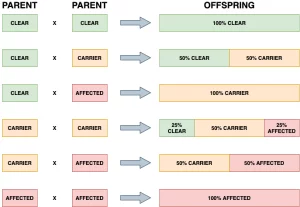
Everyone wants the puppy that they buy to live a long and healthy life. And scrupulous, health-conscious dog breeders feel the same way; the last thing they want is to breed puppies that will become sick. One way that breeders can maximise the chances that the puppies they breed will be healthy is to health-test potential parents, prior to breeding. Health tests take the form of clinical tests, such as hip scoring or an eye examination, and genetic tests, where the DNA of the dog is analysed. Continue reading
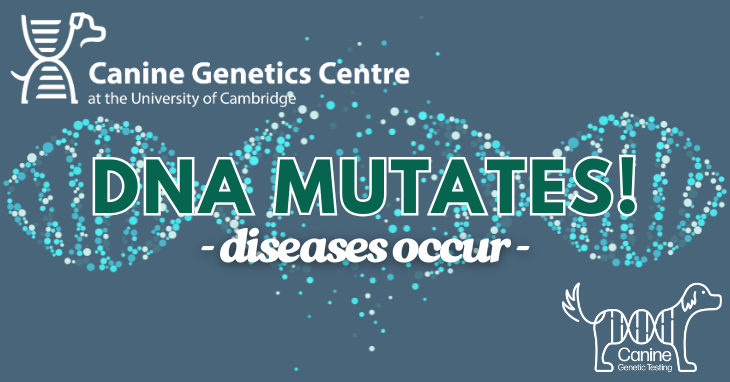
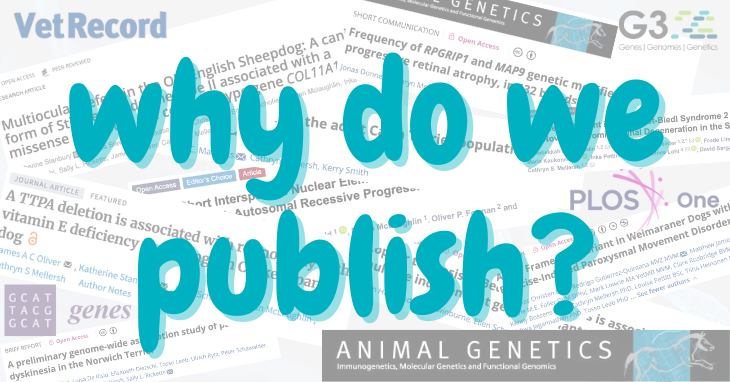

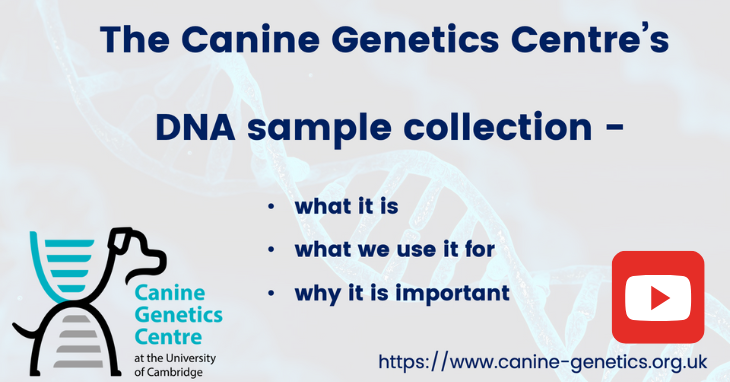
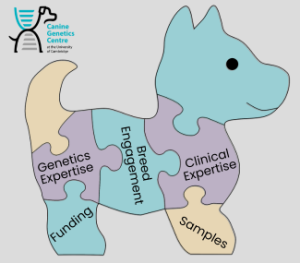 A question that members of the Canine Genetics Centre (CGC) are sometimes asked is how we decide which diseases to investigate. The answer depends on a number of factors, the most important of which are DNA Samples, clinical expertise, breed community engagement, genetics expertise and funding.
A question that members of the Canine Genetics Centre (CGC) are sometimes asked is how we decide which diseases to investigate. The answer depends on a number of factors, the most important of which are DNA Samples, clinical expertise, breed community engagement, genetics expertise and funding.  On 1 November, Dr. Cathryn Mellersh, principal investigator at the Canine Genetics Centre, and
On 1 November, Dr. Cathryn Mellersh, principal investigator at the Canine Genetics Centre, and  A couple of weeks ago Bryan gave you an overview on our
A couple of weeks ago Bryan gave you an overview on our 